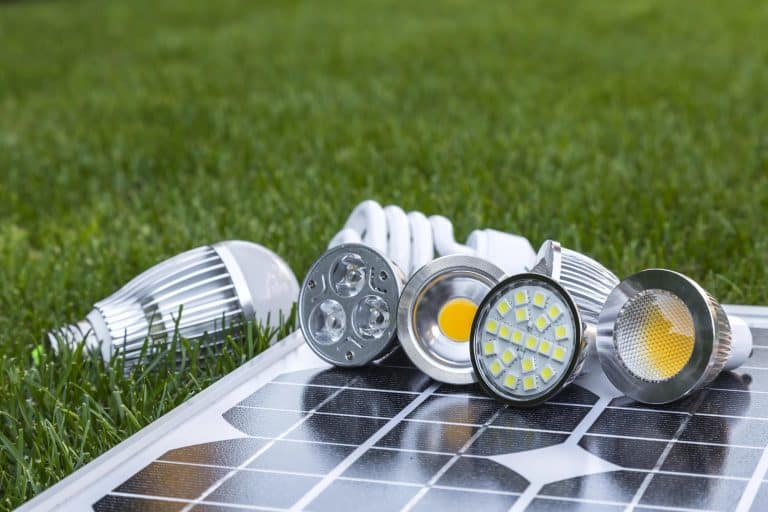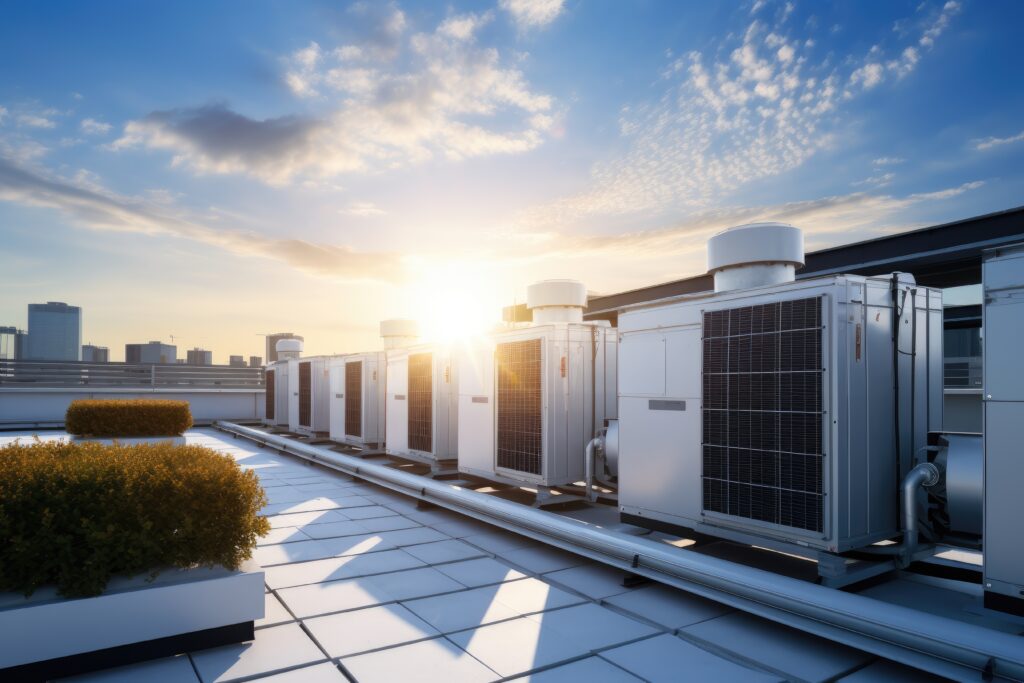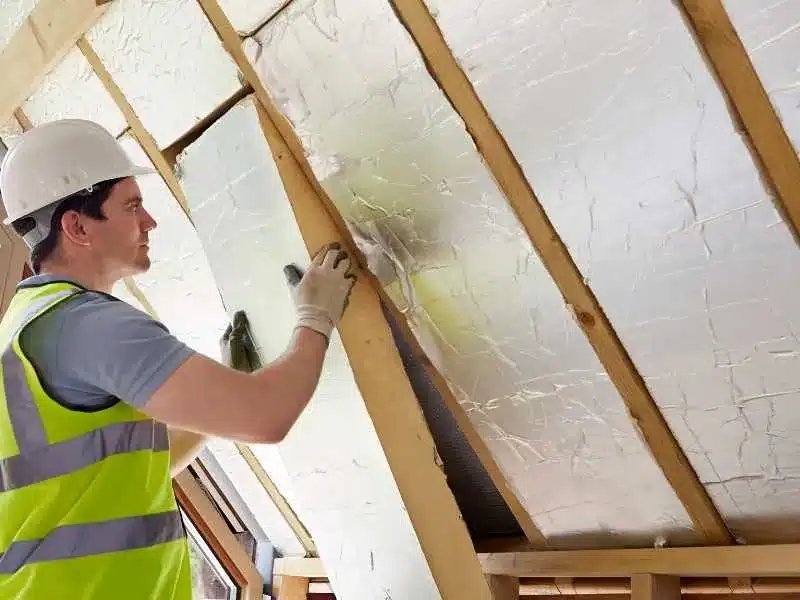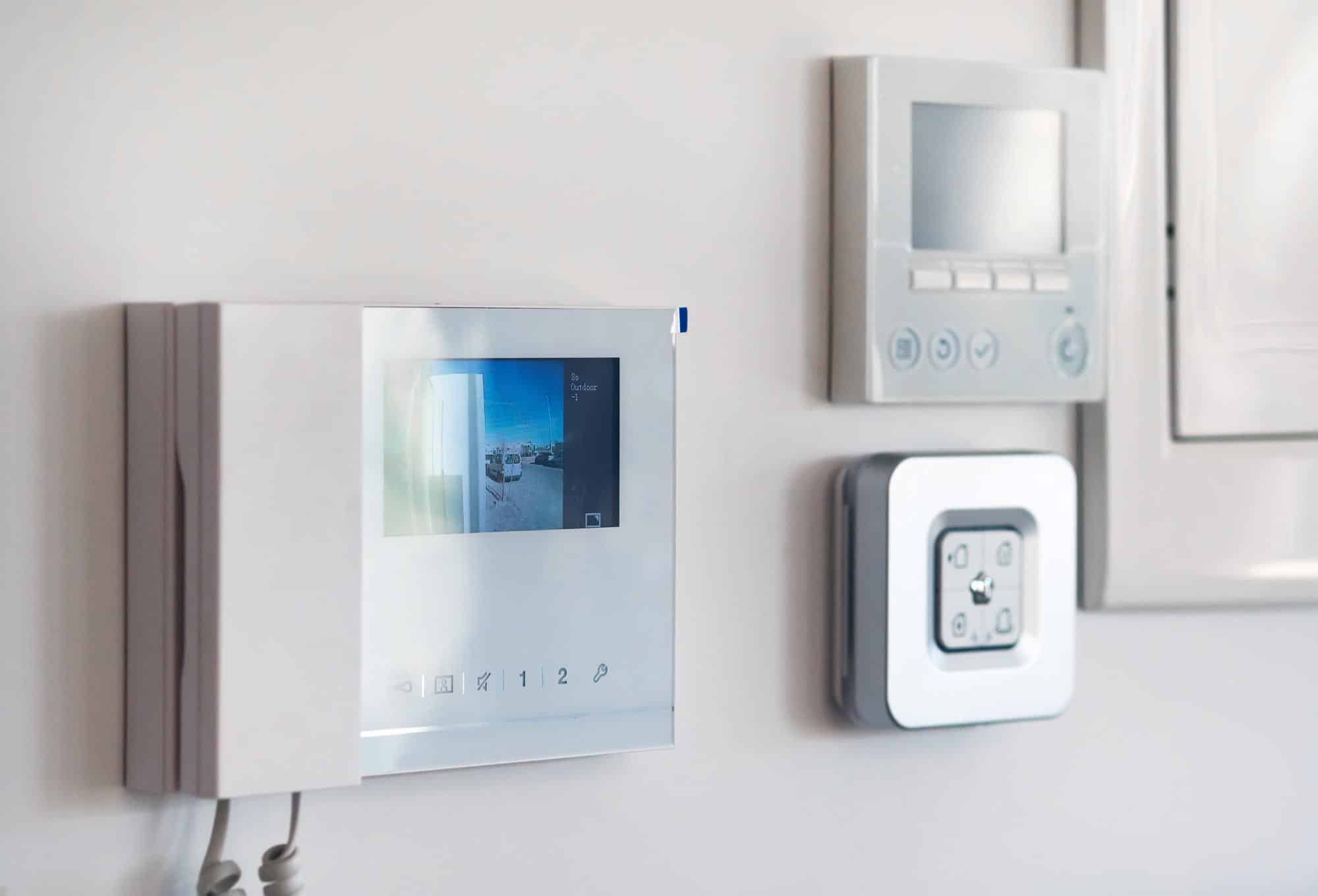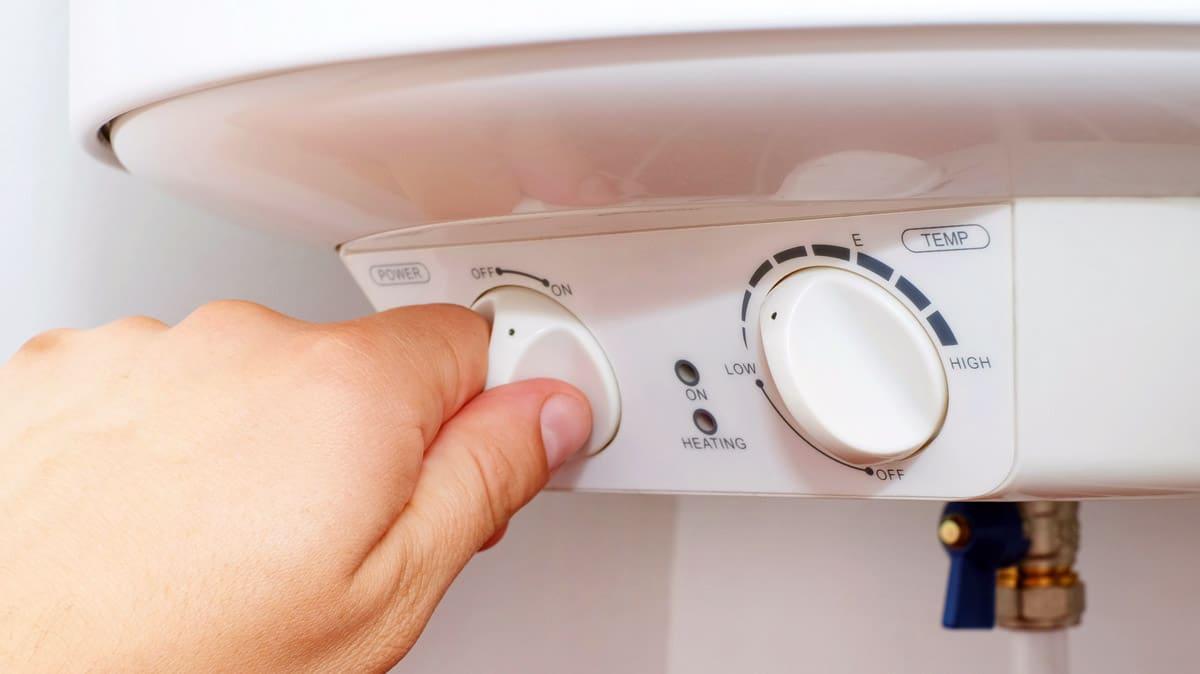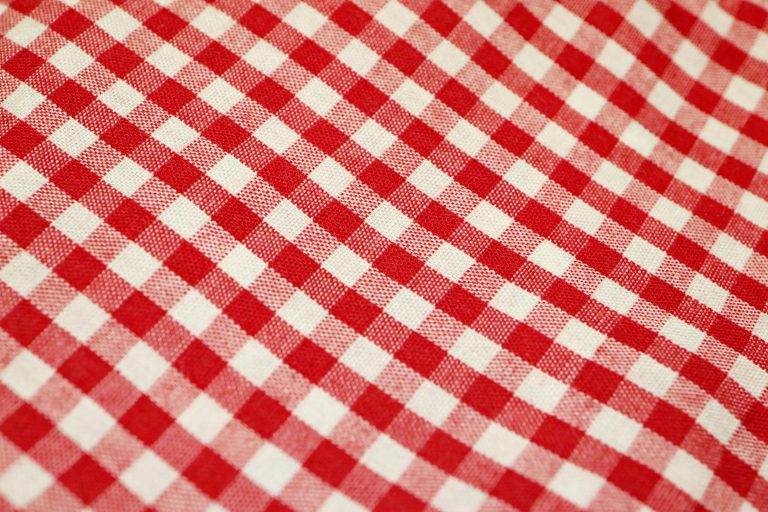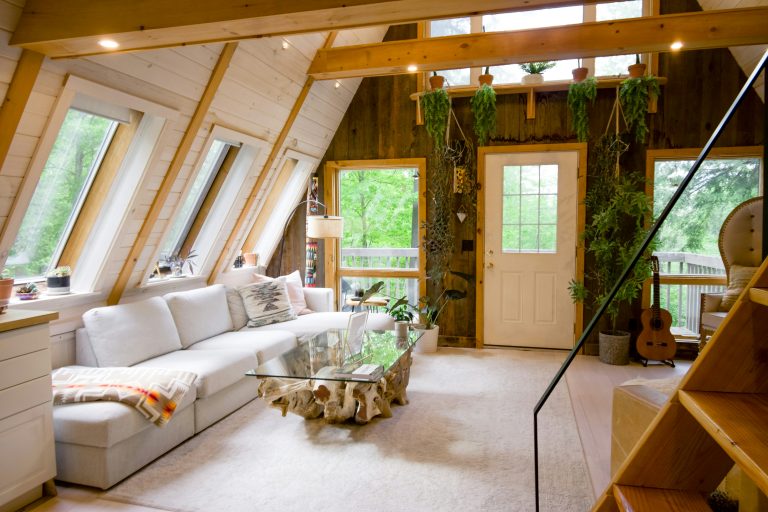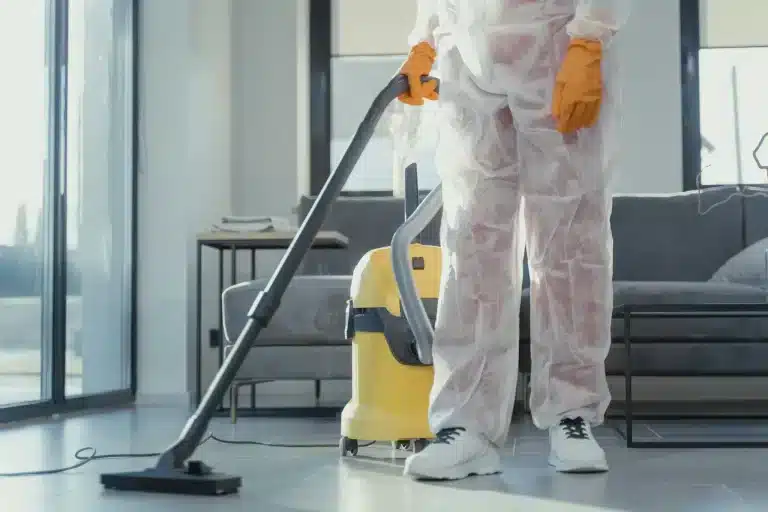In an era where environmental concerns are at the forefront of global consciousness, improving energy efficiency at home is not just a trendy topic but a vital one. By enhancing energy efficiency, you contribute to the planet’s health while also reaping substantial financial benefits.
Many people mistakenly believe that improving energy efficiency requires significant investments or is overly time-consuming. However, there are numerous simple and effective ways to make your home more energy efficient without breaking the bank.
Optimize Your Heating and Cooling Systems
Heating and cooling systems often account for a significant portion of a household’s energy consumption. Regular maintenance of these systems is essential for ensuring they run efficiently.
HVAC systems should be checked annually by a professional to clean filters, inspect the ductwork, and ensure the system is working at peak efficiency. Malfunctioning systems can consume more energy than necessary, leading to higher bills and wasted resources.
Programmable thermostats offer an excellent way to enhance your home’s heating and cooling efficiency. By setting schedules that adjust temperatures when you’re not at home or when you’re asleep, you can reduce energy consumption without sacrificing comfort. For example, setting the thermostat to a lower temperature in winter while you’re out can result in significant energy savings.
Sealing ducts and insulating attics is another effective method for optimizing heating and cooling systems. Leaks in the ductwork can result in as much as 30% of warm or cold air being lost, thus increasing the workload on your HVAC system. Proper insulation also helps maintain the indoor temperature, reducing the need for heating and cooling.
Additionally, investing in energy-efficient windows and doors can have a substantial impact. These windows and doors are designed to minimize heat transfer, keeping the indoor environment stable with less reliance on heating and cooling systems.
Upgrade Your Lighting
Switching to LED bulbs is one of the most straightforward changes you can make to improve energy efficiency. LED bulbs are more energy-efficient than traditional incandescent bulbs, consuming up to 75% less energy and lasting significantly longer. This change not only reduces energy consumption but also saves money on replacement bulbs over time.
Maximizing natural light is another way to improve energy efficiency. By arranging your living spaces to take full advantage of daylight, you can reduce the need for artificial lighting during the day. Open curtains and blinds to let in the sunlight, and consider adding skylights or larger windows if renovation is an option.
Smart lighting systems offer another layer of efficiency. These systems allow you to automate lighting schedules, ensuring lights are only on when needed. Some smart lights can also adjust their brightness based on the time of day or activity, further reducing wastage. Setting these systems up is straightforward, requiring minimal technical know-how.
Regular cleaning and maintenance of lighting fixtures ensures they operate at maximum efficiency. Dust and grime can reduce a bulb’s light output, making rooms appear dimmer and potentially prompting the use of additional lights.
Improve Your Home’s Insulation
Proper insulation is key to maintaining a comfortable indoor environment and reducing the need for additional heating or cooling. Identifying areas of your home that are most susceptible to heat loss, such as attics, basements, and exterior walls, can help you target insulation efforts where they will have the most impact.
Several types of insulation materials are available, each with its own set of benefits. Fiberglass is commonly used due to its cost-effectiveness and ease of installation. Spray foam offers superior sealing properties, ideal for hard-to-reach areas, while cellulose insulation, made from recycled paper products, provides an eco-friendly option.
For those keen on DIY projects, there are several insulation improvements you can undertake yourself. Sealing gaps around windows and doors with weatherstripping or caulk can prevent drafts and heat loss. Installing or upgrading door sweeps and window films can also contribute to improved insulation.
While DIY solutions can be effective, professional insulation services often provide a more comprehensive approach. The initial cost can be higher, but the long-term energy savings and increased comfort can make it a worthwhile investment.
Use Energy-Efficient Appliances
When it comes to appliances, choosing those with an Energy Star rating can make a significant difference in energy consumption. The Energy Star label signifies that the appliance meets strict energy efficiency guidelines set by the government. These appliances use less energy to perform the same tasks as standard models, helping to reduce overall household energy use.
Selecting energy-efficient appliances is important for various areas of the home, from the kitchen and laundry room to heating and cooling devices. Topics to consider include the appliance’s energy consumption, its size relative to your needs, and any energy-saving features it may have.
Routine maintenance of appliances is also crucial for energy efficiency. This includes tasks like cleaning the lint filter on your dryer, keeping refrigerator coils clean, and checking for leaks or blockages in dishwashers and washing machines. Regular maintenance helps appliances operate more efficiently and can extend their lifespan.
Another simple yet effective strategy is to unplug appliances when not in use. Many devices continue to draw power even when turned off, a phenomenon known as ‘phantom load’. Using power strips can make it easier to disconnect multiple devices at once, further reducing energy consumption.
Adopt Smart Home Technology
Smart home technology provides numerous opportunities for enhancing energy efficiency. Smart thermostats, for instance, learn your schedule and preferences to optimize heating and cooling, reducing energy use when you’re not home.
Integrating smart lights and plugs allows you to control devices remotely, set schedules, and monitor usage in real-time. This level of control ensures energy is only used when necessary, preventing wastage and lowering bills.
Home energy monitoring systems can provide detailed insights into your energy consumption, allowing you to identify areas where you can reduce usage. These systems often come with apps and dashboards that make tracking your energy habits straightforward.
For those new to smart home technology, starting with a few basic devices like smart plugs or a thermostat can provide immediate benefits without a hefty upfront cost. Many smart devices are designed to be user-friendly, requiring little more than basic setup and configuration via a smartphone app.
Consider a Hot Water System Off Peak Switch
Managing hot water usage is another effective way to improve energy efficiency at home. Hot water systems can be significant energy consumers, and using a hot water system off-peak switch can lead to substantial savings.
This switch allows your hot water system to operate during off-peak times when electricity rates are lower, reducing your overall energy costs. Coupled with insulating your hot water pipes and regularly maintaining your system, this can significantly enhance your home’s energy efficiency.
Conclusion
Improving energy efficiency at home doesn’t have to be a daunting or expensive endeavor. Simple steps like maintaining heating and cooling systems, upgrading to LED lighting, improving insulation, using energy-efficient appliances, adopting smart home technology, and utilizing a hot water system off peak switch can collectively result in significant energy savings and enhanced comfort.
The cumulative impact of small, incremental changes can be substantial over time. By starting with the simpler steps and gradually incorporating more advanced solutions, households can enjoy immediate benefits and long-term savings. Furthermore, the positive impact on the environment through reduced energy consumption is a compelling reason to prioritize energy efficiency improvements.
In sum, taking the initiative to improve energy efficiency at home benefits not just the household budget, but also supports broader environmental goals. By implementing these straightforward strategies, every home can contribute to a more sustainable future while enjoying the personal advantages of lower energy bills and a more comfortable living environment.

